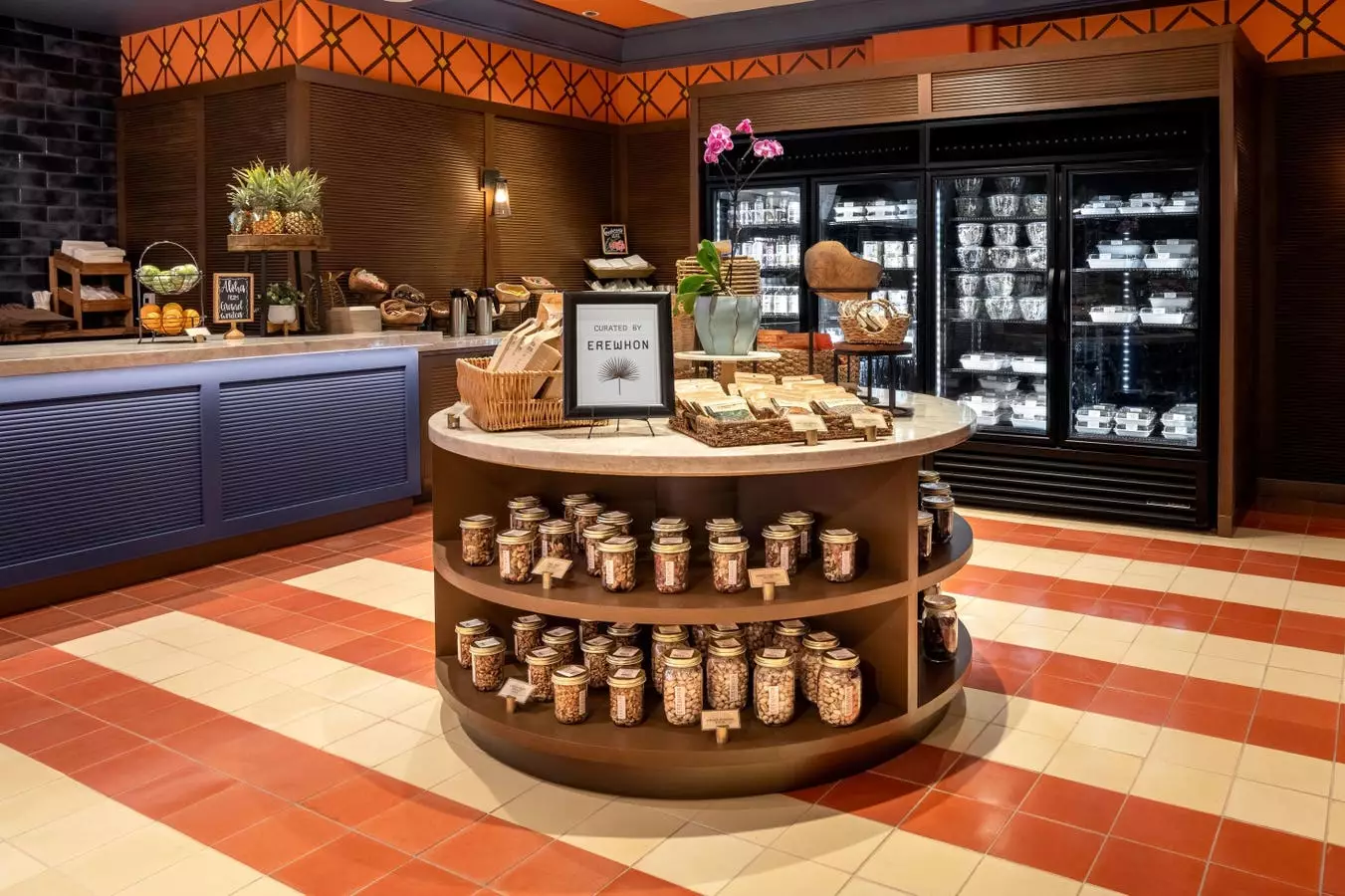In today’s marketplace, consumer behavior has evolved from mere transaction-based interactions to experiences that are deeply intertwined with one’s lifestyle, values, and aspirations. This shift is evident across multiple sectors, particularly in hospitality and retail, where brands are no longer focusing solely on product offerings but are instead curating holistic experiences that resonate with their clientele. A recent report from STRGlobal predicts that lifestyle hotels will constitute a remarkable 23% of the global hotel development pipeline by 2025. The driving force behind this trend is profitability; lifestyle hotels can command an impressive premium—averaging an additional $33.60 per room per day—compared to traditional hotels.
As consumers increasingly opt for experiences that reflect their identities, hospitality and retail brands find themselves converging in innovative ways. This evolution raises an important question: how can businesses differentiate themselves and elevate the customer experience to genuinely resonate with their target market?
Luxury brands are capitalizing on this convergence, often blurring the lines between hospitality and retail. Brands such as Blackberry Farm are leading the charge by offering not just exemplary service, but tangible products that allow guests to bring a piece of the lifestyle home with them. Similarly, Giorgio Armani’s hotel line seeks to manifest the brand’s elegance in physical spaces, delivering nothing short of an immersive brand experience.
However, not all brands strive to create direct extensions of their product lines. Some opt for strategic partnerships that emphasize contextual commerce. This approach emphasizes the ability to engage customers meaningfully in the context of their needs and desires. The partnership between Erewhon, an upscale grocery chain based in Los Angeles, and the Grand Wailea, a Waldorf Astoria Resort in Hawaii, provides a leading example of this trend.
Despite being continents apart, both Erewhon and Grand Wailea share a genuine commitment to wellness that aligns seamlessly. Grand Wailea’s emphasis on sustainability and wellness aligns perfectly with Erewhon’s philosophy of healthy, organic, and holistic living. The collaboration is a testament to how brands can create natural extensions of their core missions, providing customers with a cohesive experience that elevates brand perception.
Notably, Erewhon debuted its expanded membership program at Grand Wailea, which incentivizes guests with benefits such as resort credits and complimentary upgrades. This strategic alignment not only serves to attract health-conscious travelers but also keeps both brands top-of-mind in a world where choices abound.
Building upon this foundation, the strategic partnership has given rise to unique product offerings, such as the limited-edition Aloha Sunshine Juice—an enticing beverage inspired by the tropical flavors of Maui. By making this product available both at Grand Wailea and Erewhon locations across Los Angeles, the collaboration ensures that guests partake in a distinctive taste experience associated with their vacation.
Furthermore, the launch of influencer Kelia Moniz’s Lovel & Lava sundae marks a significant milestone in the partnership. By incorporating Erewhon’s Coconut Cloud soft serve, this collaborative endeavor further strengthens brand recall among guests, reminding them of the health-oriented experience they sought during their stay.
As observed in conversations with industry leaders like Nate Rosen, founder of Express Checkout, brands like Erewhon have managed to cultivate trust among consumers who recognize the value of authentic, high-quality products. By embedding themselves within engaging environments like luxury hotels, Erewhon is able to meet consumers at opportune moments, thereby translating an upscale lifestyle into a tangible experience.
Strategic partnerships in the hospitality sector elevate Erewhon’s visibility while also establishing a context in which consumers are most receptive to the brand’s offerings. This innovative strategy enables both Erewhon and its partners to redefine how they interact with their target audiences, making every consumer touchpoint an opportunity for connection.
As consumers increasingly prioritize value-driven experiences over mere purchases, the partnership between brands in hospitality and retail holds tremendous potential. By interjecting themselves into environments where customers are already engaged, brands like Erewhon can create memorable associations that transcend traditional marketing tactics.
As the experience economy continues to evolve, businesses must adapt by embracing the blurred lines between sectors. By focusing on delivering holistic, lifestyle-affirming experiences, brands will not only enhance consumer loyalty but redefine the very nature of commerce in an increasingly interconnected world. The successful brands of the future will be those who understand that value lies not only in what they sell, but in the experiences they create.


Leave a Reply